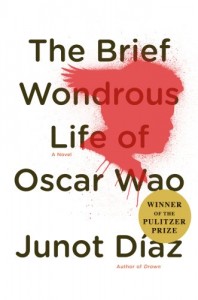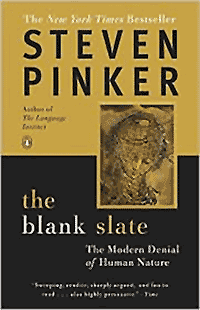
I am somewhat surprised that this book has so much traction in 2008. The design corners of the internet are always raving about this book. How can a book that was written more than 20 years ago, and refrences film and slide projectors as the high tech presentation tool of it’s day be so relevant and so often quoted in the age of the internet? Let’s not forget the interenet is the land of things that usually have negative half-lives, and are tired and over, before they even come to existance.
Well the sad fact is that we, our society, has learned very little about designing things in the past 20 years. Actually, it’s more apt to say, we’ve learned a great deal, but we still have a great long way to go to actually implement what we now know, and have know for some time (i.e. this book).
Everyday things are still being designed and manufactured very very badly. The biggest conundrum is why we as a society stand for it? Why are we taking it lying down? Why do we continually accept things that in their design are hindering us, wasting our time, and even in many cases endangering our lives? Norman touches on this in his book, partly it’s because we all understand the need to occasionally cut corners to save time or cost, but partly it’s our own psychology, when bad design happens to us and causes us to make mistakes we always seem to blame ourselves.
Well no more! I think the main reason the book is so revered is that it is a manifesto of sorts, it ends with a call to action. You! Consumers! Stop buying crap! Put your money into well designed, thought out objects that don’t suck! If we all did that our world would be that much better.
 A wonderful gem of a book, in the tradition of 100 years of solitude…or any other novel where generations intertwine and the past has a great influence on the present without the knowledge of it’s current inhabitants. Destiny manifested in our parents’, grand-parents’, and even great grand-parents’ minute decisions all have a great hold on us. This is a great read.
A wonderful gem of a book, in the tradition of 100 years of solitude…or any other novel where generations intertwine and the past has a great influence on the present without the knowledge of it’s current inhabitants. Destiny manifested in our parents’, grand-parents’, and even great grand-parents’ minute decisions all have a great hold on us. This is a great read. 
